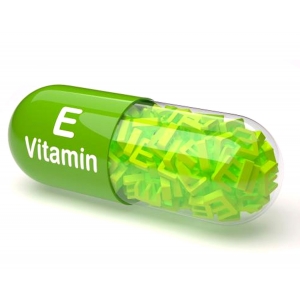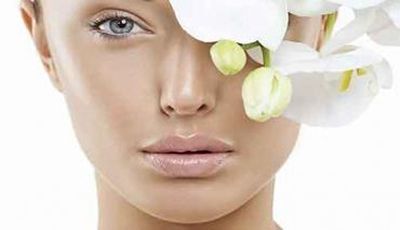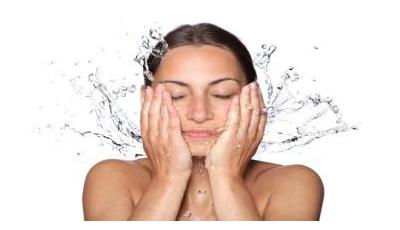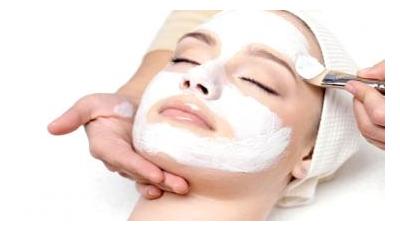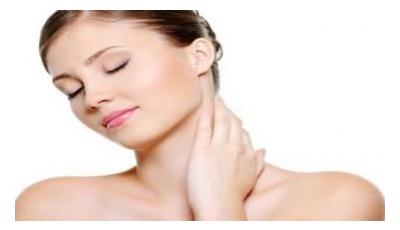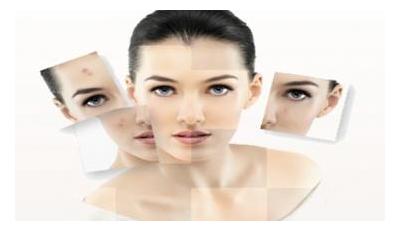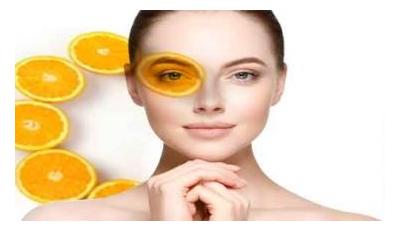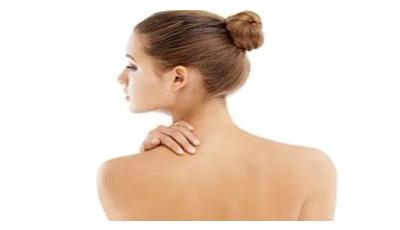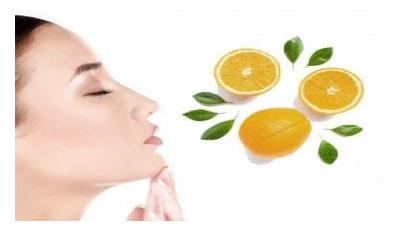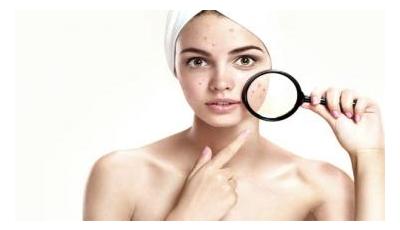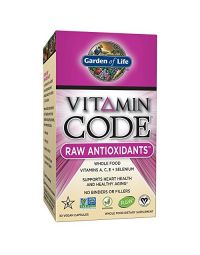Acne develops when the pores in your skin become clogged and inflamed. While simply eating well is not enough to completely cure or prevent acne, having healthy skin can reduce the likelihood, intensity, and duration of breakouts. Here are some vitamins and nutrients that can help you keep your skin healthy and help ease acne.

”NON-Western diets correlated with the absence of acne” (NIH.gov)

Zinc Vitamin
Zinc is a trace mineral that is important for many functions in your body. It is especially important for the health of your skin. Zinc is essential for maintaining your skin’s strength and healing capabilities.1 People with zinc deficiencies often develop various skin conditions, like dermatitis, ulcers and warts.2
It also acts as an anti-inflammatory agent and a mild antibiotic. Additionally, it can help protect your skin against UV damage and sunburn, and is included in many organic sunscreens.3 All of these properties address the underlying causes of acne (inflammation and infection with the bacteria Propionibacterium acnes) and certain risk factors (sunburn and otherwise unhealthy skin).4
Zinc can be used for acne both topically and orally. It is included in many cosmetic products, like moisturizers and cleansers. You can also take zinc supplements orally to help with inflammation throughout your body.
Our Recommendation: Try Raw Zinc with Vitamin C by Garden of Life.

Vitamin A
Vitamin A is a type of retinoid molecule and is a component of several enzymes in your body. It is important for many of your metabolic functions. While it is famous for being good for eyesight, it is also important for your immune system and your skin health.
As an antioxidant, vitamin A reduces damage from reactive oxygen species which can harm the structure of your skin. It also helps reduce inflammation, such as that which causes the redness and swelling of acne.
Several pharmaceutical drugs used to treat acne are related to vitamin A, such as tretinoin and isotretinoin. However, these medications come with some rather severe side effects. Taking vitamin A supplements can improve acne symptoms in a similar but milder way.5
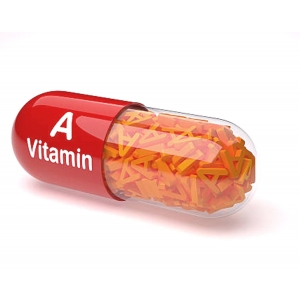

Vitamin C
Vitamin C is a very powerful antioxidant. It is well-known for boosting immune function. Additionally, it is very good at protecting against oxidative damage and reducing inflammation.6 It keeps your skin healthy by maintaining hydration and promoting the synthesis of collagen, the protein that keeps your skin strong and elastic. Topically, it helps protect against UV damage.7
These properties make vitamin C useful in the fight against acne. Like zinc, it is included in many skin care products on the market. You can also take vitamin C supplements for whole-body health.
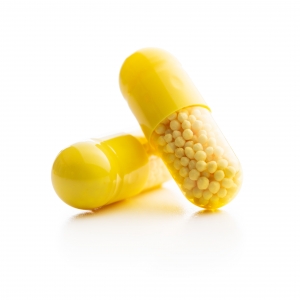

Omega-3 Fatty Acids
Omega-3 fatty acids, found in fish oil, flaxseed oil and other sources, are well-known for their myriad of health benefits. They are important for the growth and strength of many parts of your body, including your bones, brain and other organs. These healthy fats also help reduce inflammation throughout your body.
On top of other health benefits, early research shows that supplementation with omega-3 fatty acids can improve skin condition and acne.8
Our Recommendation: With 500mg of omega-3s, Ovega-3 provides the same heart-healthy benefits of traditional omega-3 supplements and oils but without the unpleasant fishy aftertaste and impurities associated with some omega-3 fish oils.

Beneficial antioxidants
There are several other antioxidants which help reduce oxidative damage and inflammation throughout the body. Many of these are low in patients with acne, especially in those with severe cases. Supplementing with antioxidants may be beneficial in managing the signs and symptoms of acne.4
Beneficial antioxidants include:
- Selenium
- Magnesium
- Copper
- Resveratrol
- Nobiletin
- Green tea polyphenols
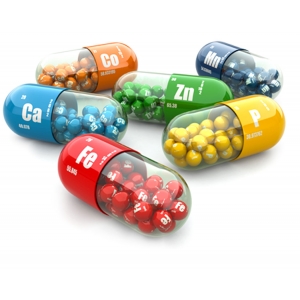
[2] JA Khattar, UM Musharrafieh, H Tamim, and GN Hamadeh. 2007. "Topical zinc oxide vs. salicylic acid-lactic acid combination in the treatment of warts." Int J Dermatol. 46(4):427-30.
[3] N Tyagi, SK Srivastava, S Arora, Y Omar, ZM Ijaz, A Al-Ghadhban, SK Deshmukh, JE Carter, AP Singh, and S Singh. 2016. "Comparative analysis of the relative potential of silver, Zinc-oxide and titanium-dioxide nanoparticles against UVB-induced DNA damage for the prevention of skin carcinogenesis." Cancer Lett. 383(1):53-61.
[4] A Kucharska, A Szmurlo, and B Sinska. 2016. "Significance of diet in treated and untreated acne vulgaris." Postepy Dermatol Alergol. 33(2):81-6.
[5] AL Chien, J Qi, B Rainer, DL Sachs, and YR Helfrich. 2016. "Treatment of Acne in Pregnancy." J Am Board Fam Med. 29(2):254-62.
[6] M Richelle, M Sabatier, H Steiling, and G Williamson. 2006. "Skin bioavailability of dietary vitamin E, carotenoids, polyphenols, vitamin C, zinc and selenium." Br J Nutr. 96(2):227-38.
[7] T Raschke, U Koop, HJ Dusing, A Filbry, K Sauermann, S Jaspers, H Wenck, and KP Wittern. 2004. "Topical activity of ascorbic acid: from in vitro optimization to in vivo efficacy." Skin Pharmacol Physiol. 17(4):200-6.
[8] MG Rubin, K Kim, and AC Logan. 2008. "Acne vulgaris, mental health and omega-3 fatty acids: a report of cases." Lipids Health Dis. 736.
-
Which Vitamins are Good for Skin
By Dr. KarenMarch 8, 2022 -
Face Washes for Acne
By Dr. KarenDecember 28, 2021 -
Acne Scar Removal
By Dr. KarenDecember 28, 2021 -
Laser Treatment for Acne
By Dr. KarenDecember 28, 2021 -
Vitamin C Benefits for Skin
By Dr. KarenSeptember 14, 2021 -
Back Acne
December 29, 2021 -
Hyaluronic Acid and Vitamin C
By Dr. AnnaDecember 17, 2021 -
Hyaluronic Acid for Acne
By Dr. AnnaDecember 17, 2021
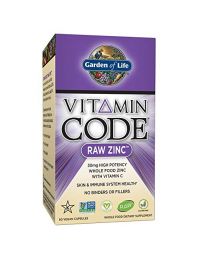
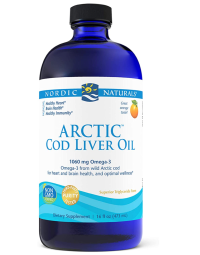
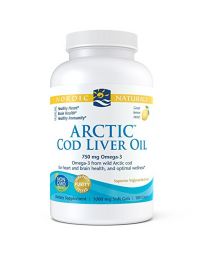
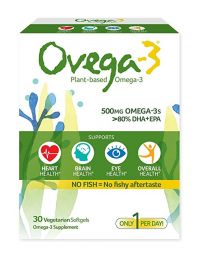
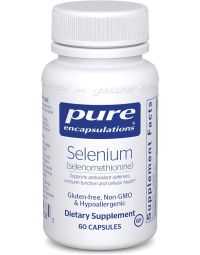
Search the blog
Article Categories
- All Articles (95)
- Rating Charts (1)
- Beauty & Skincare (17)
- FAQ (0)
- Hair Care (9)
- Health & Wellness (12)
- Anti-Aging (4)
- Kid's Health (0)
- Makeup (2)
- Men's Health (2)
- Oral Care (3)
- Sunscreen (7)
- Skin Tools & Treatments (10)
- Supplements (26)
- Videos (0)



